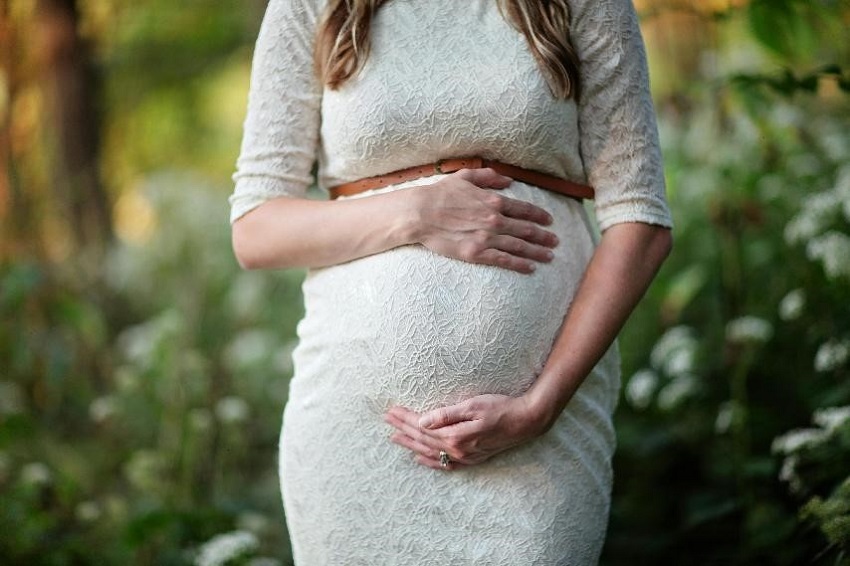Hello! I'm delighted to provide you with exclusive one-on-one consultation.
How can I assist you?
What is the process and cost of egg freezing?


When facing mild diarrhea after an IVF transfer, you may feel uneasy and worried, as welcoming a new life is a top priority for every parent. However, please take ease; mild diarrhea does not necessarily lead directly to transfer failure. Next, let's delve deeper into this topic together.
Firstly, diarrhea, as a common physiological phenomenon, can stem from various reasons, including minor fluctuations in the gastrointestinal system. Many families who have undergone IVF transfers have experienced mild diarrhea, yet most have still successfully welcomed the arrival of their babies. This indirectly confirms that there is no direct necessary connection between mild diarrhea and the success of the transfer. Of course, when facing diarrhea, we still need to take appropriate measures to alleviate it, such as using mild medications as prescribed by doctors, but the premise is to communicate fully with medical experts to ensure that the chosen plan is safe and harmless, thereby maintaining good health during pregnancy and promoting eugenics.
In daily life, while diarrhea is common, it requires extra attention during pregnancy, as it may indirectly affect the embryo's implantation environment. Therefore, during the preparation stage for IVF transfers, we should start strengthening our physical management to prevent the occurrence of unfavorable factors such as colds, fever, and diarrhea. By optimizing our diet and increasing the intake of fresh fruits and vegetables, we can help regulate our internal environment and reduce the potential adverse effects of diarrhea on embryo implantation.
It's worth noting that although mild diarrhea does not necessarily lead to transfer failure, improper handling of long-term or severe diarrhea can indeed increase risks. Therefore, once signs of diarrhea are observed, measures should be taken promptly for adjustment and treatment. Dietary therapy, as one of the natural therapies, can effectively relieve abdominal discomfort, reduce the occurrence of diarrhea, and thus lower potential risks.
After an IVF transfer, our shared wish is for the embryo to implant successfully and grow healthily. Therefore, to ensure the success rate of the transfer, we should avoid all possible unfavorable factors that may trigger diarrhea. By maintaining a reasonable schedule, balanced diet, and enhancing our body's immunity, we can lay a solid foundation for the success of IVF.

If you have any questions or need professional guidance during your IVF journey, the expert team at IVF USA is always on standby to provide you with detailed consultation services. Currently, IVF USA provides services such as egg freezing and IVF in the United States to those in need, with its business expanding to regions beyond the United States, including IVF and egg freezing in Japan, Thailand, Mexico, Taiwan, Hong Kong, and other areas, closely cooperating with global IVF doctors. We will accompany you through this meaningful journey with the most sincere attitude and professional service.


Online Customer Service

In-Vitro Fertilization (IVF)

Female Egg Freezing

Fertility Assessment

Scan for Consultation

Back to Top